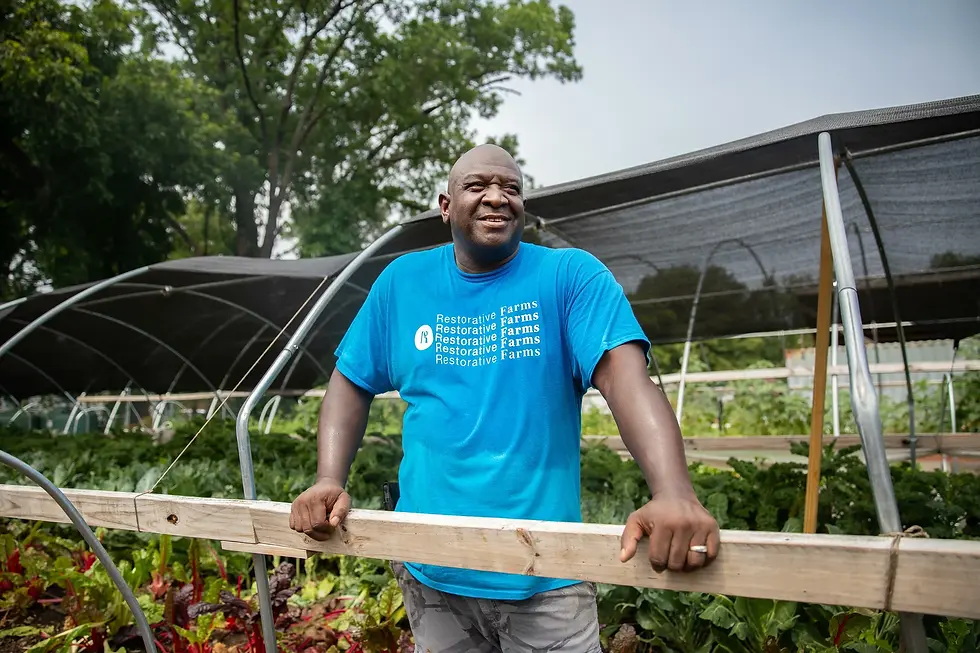Rethinking Incarceration: The Call for Evidence-Backed, Restorative Sentences
- Aug 24, 2023
- 2 min read
The United States leads the world in incarceration, with nearly 2 million people behind bars. But the problem runs deeper than sheer numbers. A recent article by Nicholas Turner in the Boston Globe highlights the urgent need to address the over-reliance on excessively long sentences and mandatory minimums that have become a hallmark of the U.S. prison system, drawing on a report dated February 2023 by Vera titled "A New Paradigm for Sentencing in the United States."

As of 2019, 57% of the prison population was serving sentences of 10 or more years. Shockingly, one in seven people in U.S. prisons is serving a life sentence. These statistics are more than just numbers; they represent a system that has lost sight of its purpose and is causing disproportionate harm, especially to Black and Latinx communities.
Vera's report sheds light on the flawed principles that have guided sentencing policies for decades. Concepts such as retribution, deterrence, and excessive incapacitation have been backed by scant evidence of success, leading to a system that fails to deliver accountability or build public safety.
The human cost of these policies is staggering. Turner shares personal anecdotes from the courtroom, where individuals are sentenced to mandatory minimums for minor offenses, devastating their lives and families. The system's brutality, coupled with the challenges of reentry into society, often leads to increased reoffending rather than rehabilitation.
But there is hope. Vera offers seven proposals to Congress and state legislatures that could dramatically reduce the number of people incarcerated. These include setting maximum prison sentences based on research, allowing sentence reductions for positive behavior, and abolishing mandatory minimums.
The call for reform is clear: Sentencing should privilege liberty over-incarceration, focus on evidence-based public safety, and center on repairing harm to survivors of crime. The current system's long, harsh sentences are ineffective and inhumane.
The path to reform is complex and fraught with challenges, but the need for change is undeniable. How do we balance the demands of justice with the need for compassion and rehabilitation? How can we create a system that truly serves the interests of all, including victims, offenders, and society at large? These are questions that require careful consideration and collaboration across all sectors of our society. The time has come to engage in meaningful dialogue and take bold steps toward a more humane and effective approach to sentencing. The future of our criminal justice system, and the lives it touches, depends on it.







